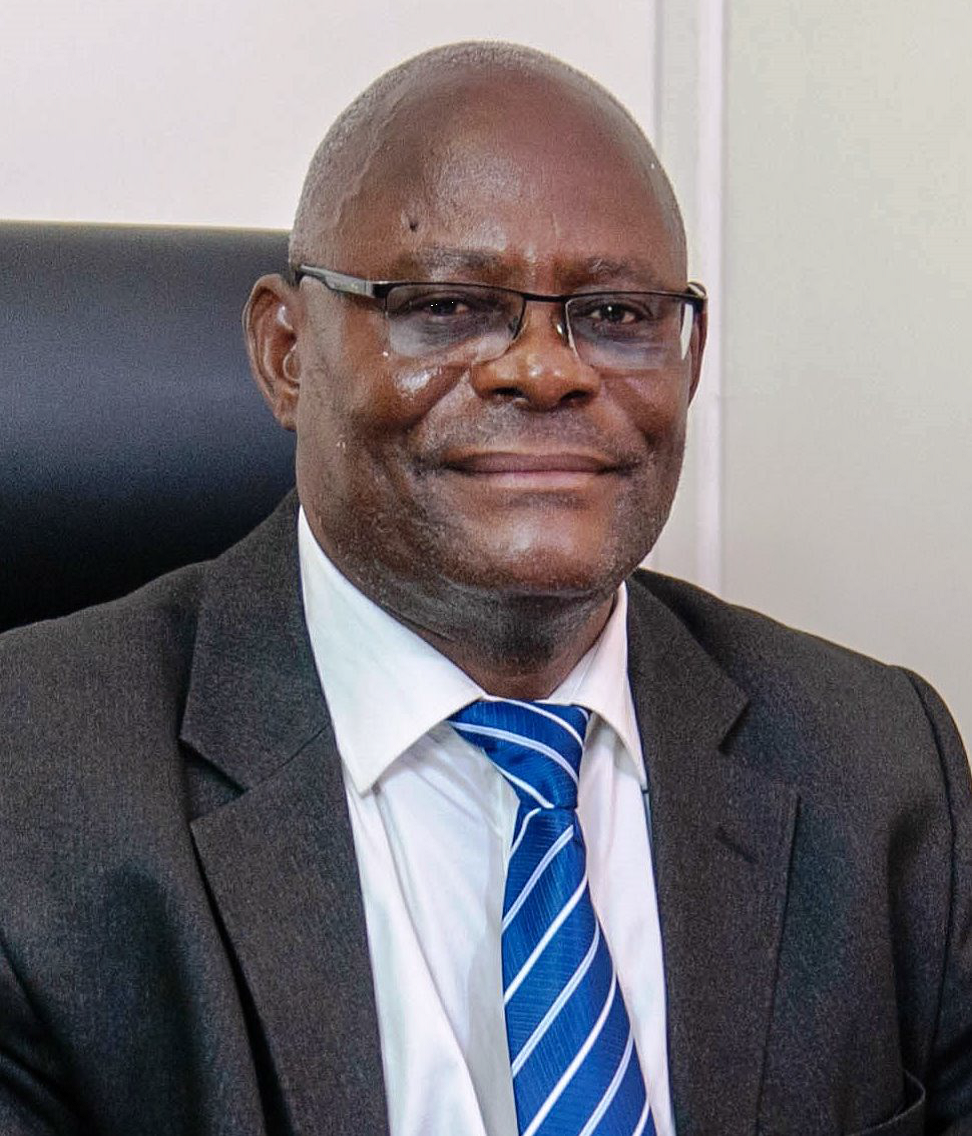By STUART LISULO
ZAMBIA’s mining sector will need a stable fiscal regime for production to meet the medium-term target of two million metric tonnes of copper per annum, says the Zambia Chamber of Mines.
On August 27, newly-appointed Finance Minister Dr Situmbeko Musokotwane set a target for Zambia’s copper production to hit at least two million metric tonnes per annum by 2026.
Speaking during his maiden press briefing in Lusaka following his appointment on August 27, Dr Musokotwane projected Zambia’s copper production to hit at least two million tonnes per annum by 2026, based on improved copper prices and favourable investor mining policies.
In response, Zambia Chamber of Mines President Dr Godwin Beene welcomed the projection, but observed that in order to hit that targeted amount, there was need for a stable fiscal regime for mining companies ramp up copper production, aided by huge investments in exploration projects.
UNLOCKING
Following President Hakainde Hichilema’s landslide election victory, mining companies signalled the unlocking of around US $2.5 billion to be made available in expansion and exploration projects.
“To get to the two-million-tonne medium-term goal, the lion’s share of growth in copper reserves will come from investments in the development of the existing and proven ore reserves of the old Copperbelt, and igniting activities (exploration and mining) in the non-traditional mining areas across the country.
“The Zambia Chamber of Mines and its sister organization the Association of Zambia Mineral and Exploration Companies (AZMEC) make themselves available to assist the new administration in working out policies that will provide an optimal environment to see the attainment of this objective,” Dr Beene said in a statement released on September 2.
“The Chamber of Mines is confident that mineral explorers will be attracted to invest and bring forward to maturity pipeline projects that have up to now been on ice due to constraints brought about by successive unattractive fiscal regimes primarily predicated on an increasingly desperate ‘cash grab’ mentality that ignored the long-term nature of mining, and that existing operators will release the capital for development and production projects.
“The key factor in igniting this pipeline of expansion and exploration-driven growth is the expedited implementation of a stable mining policy and tax regime that will make the cost of capital affordable and secure the confidence of global markets, foreign and local investors.”
DEMAND
And he added that global demand for the red metal will further be fuelled by the increased usage of electric vehicles, giving local copper producers greater incentive to ramp up production.
“Never in the last hundred years has there been a better time to initiate this mining project pipeline building, which is cardinal to achieving a balanced portfolio of exploration, development, operational and mature projects that will yield optimal revenue generation, and more importantly, participation of Zambians in mining projects.
“The combination of a greening of power generation, the growth in electric vehicle sales and in their attendant charging infrastructure assures this demand growth to continue in the medium to long-term. The recognition of this fact by the incoming administration is bold and commendable. The industry is keen to as soon as possible, actualise the close partnership with government that will be needed to deliver these results above and beyond the initial US $2.5billion in expansions already committed to,” stated Dr Beene.
Although Zambia recorded a huge increase in its copper production for 2020 to exceed 882,000 metric tonnes, up from 796,432 tonnes recorded in 2019, data shows that last year’s copper output still lags behind the Democratic Republic of Congo’s (DRC) 1.55 million tonnes.
The DRC still remains Africa’s biggest producer of the red metal, having eclipsed its southern neighbour back in 2013 when it managed to produce 970,000 tonnes of copper compared to Zambia’s 760,000 tonnes that year.









Leave a Reply